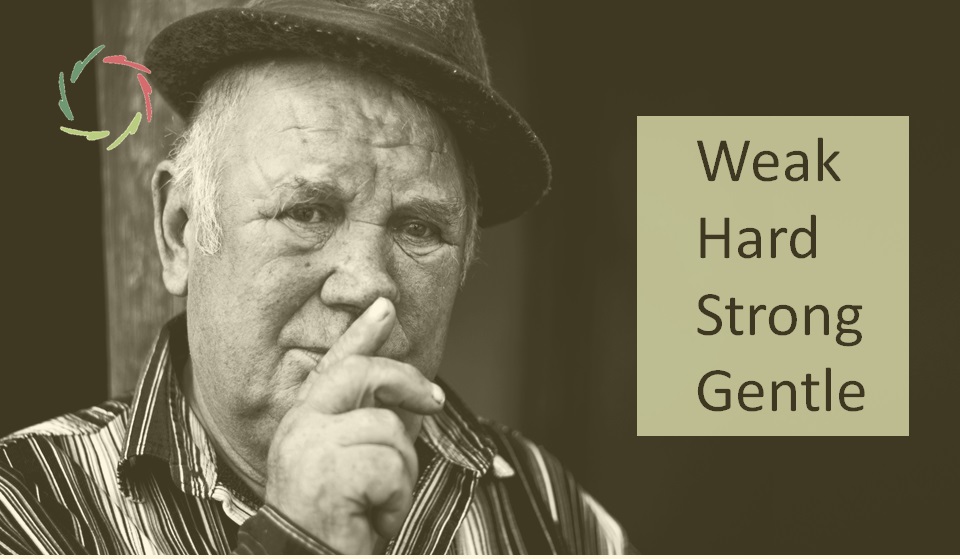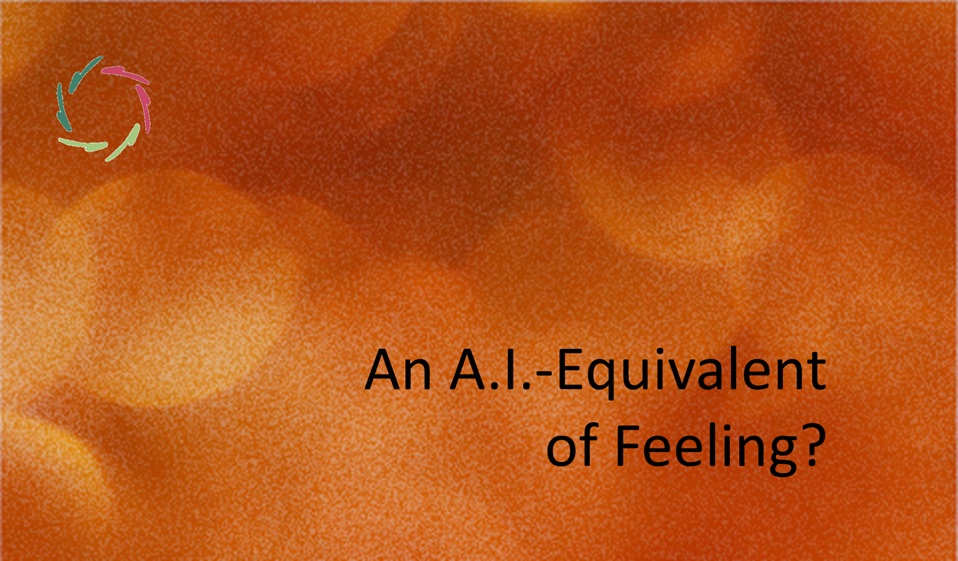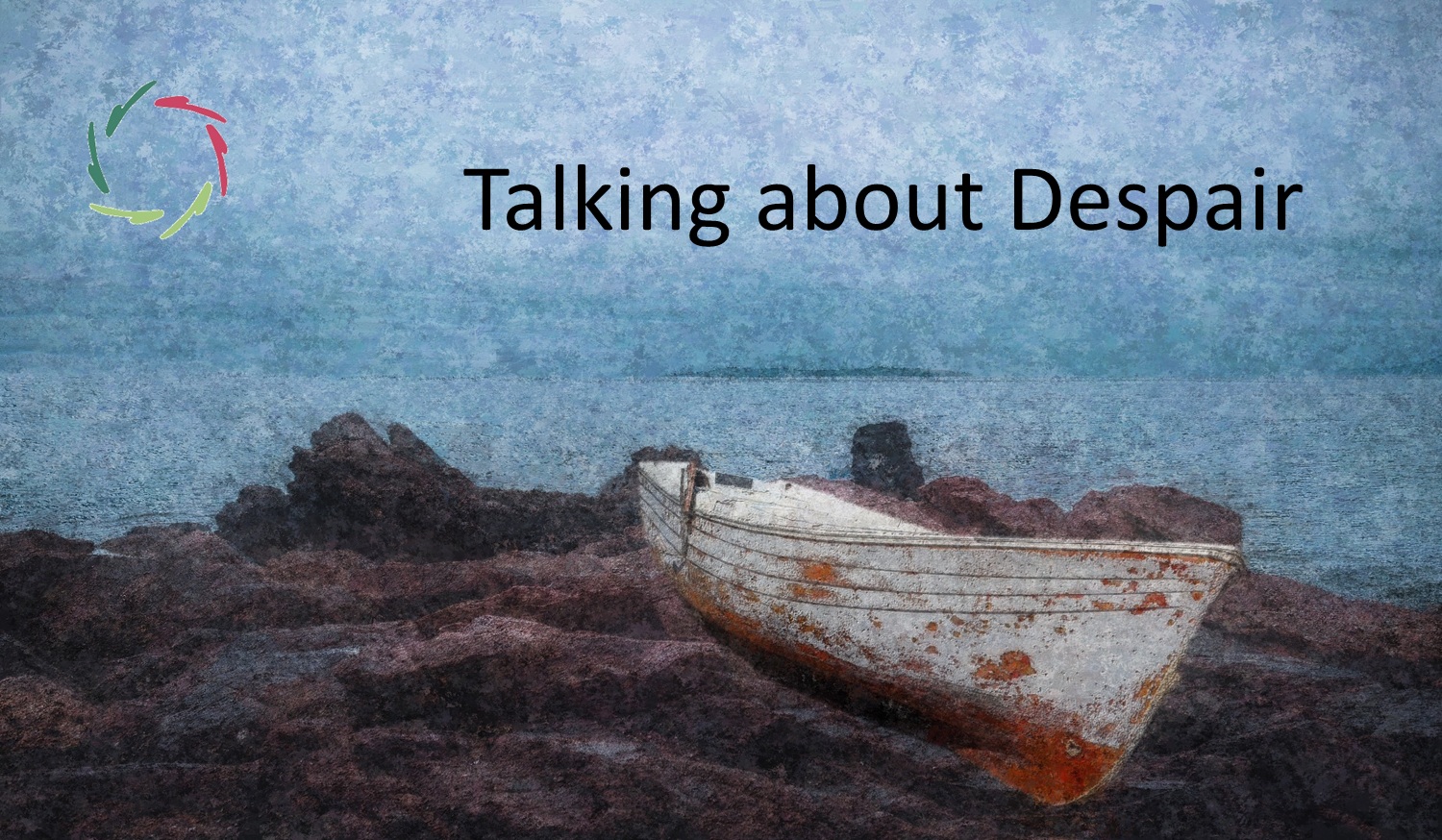Weak, Hard, Strong, Gentle

One picture’s worth

In this picture, I put weak versus hard, whereas gentle and strong are rather pointing to each other. In many real-life situations, people put the two blobs in the picture against each other. They don’t want to be (A), so they fall into (B) or vice versa. I see in this an example of the general importance of making the correct distinctions.
Hard opposite to weak
Hardness is frequently the not-so-nice reaction to a weakness – at oneself or another person – that one loathes… and which may even be present inside the same person. In such case, the hardness is like a protective shell around a weak core with a huge sense of vulnerability. Such a person may show himself very hard in one situation and preposterously weak in another. The reverse is also possible: soft at the outside, hard at the heart.
Gentle and strong strengthen each other.
You may feel this at yourself in a general way. Picture yourself in a situation as being ‘gentle and strong’. It’s opening. They may even have each other as purpose. Gentleness wants to be strong – otherwise it’s weak. Strength wants to be gentle – otherwise it’s hard. Thus, there is a nice interplay between gentleness and strength. Let’s look at some examples.
At the cushion
The mediator knows: sitting in a weak way leads to muscle hardening and pain. Sitting in a hard way leads to tiredness and sloppiness (weakness) after a while.
At the other side: a gentle and strong way of sitting enhances the meditation itself. It’s inviting to the mind. In my experiences, it also leads to the kind of meditation that I prefer, itself being gentle and strong. Very inspiring.
For the guys
Another domain of relevance is ‘what a girl wants’. Generally, she doesn’t like the guy to be ‘hard’ (say: insensitive) to her. A weakling also doesn’t readily steal her heart. At the other side, his being gentle (as in ‘gentleman’) gets her attention. And strong? He may certainly be so.
At the leader’s place
Bossily hard: not ideal.
Soft as Mr. Nice Guy? Forget leadership.
At the other side: gentleness leads to dialogue and motivation (the real one). Strength leads to getting things done.
When gentle is seen as weak, strong as hard
then mishaps happen. People may react against what they mistake for something quite different. This way, they may forego important qualities. See this over a long period (lifetime?) and you may get a feel of the importance.
From weak-hard to gentle-strong
I think this is possible but proceeding too rashly may have an opposite effect. Having good examples – close to the own situation – is of tremendous help. Most important are good experiences in imagination or reality: trying to act sometimes a bit more gentle-strongly than usual. Then being also gently-strong to yourself, you may notice more and more how good it feels.
And how much more efficient it is – if done right – towards any of your goals.


